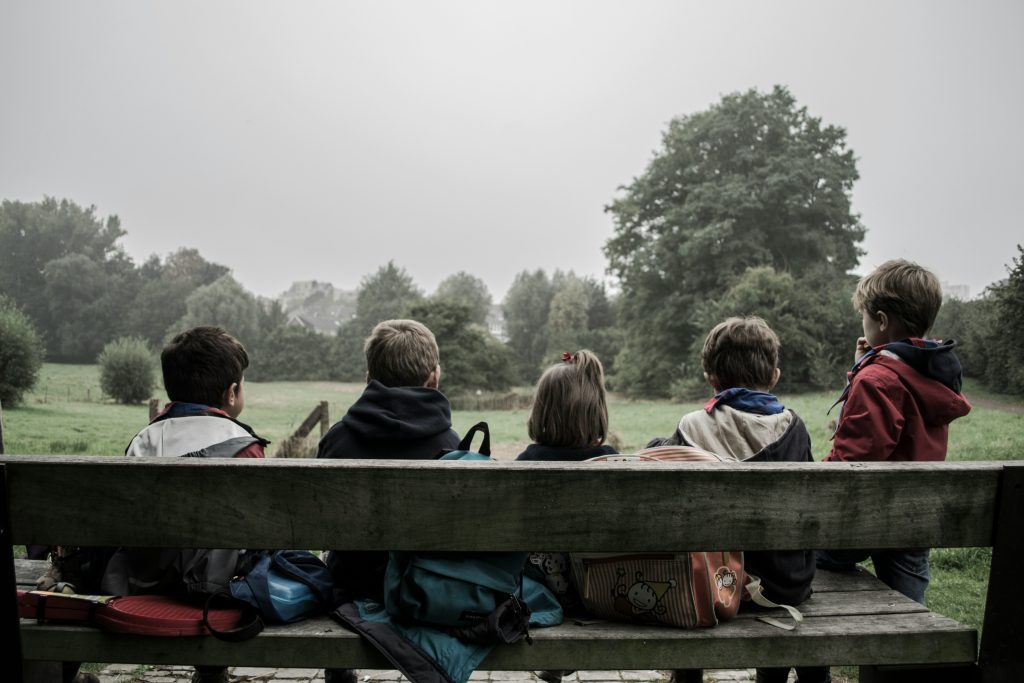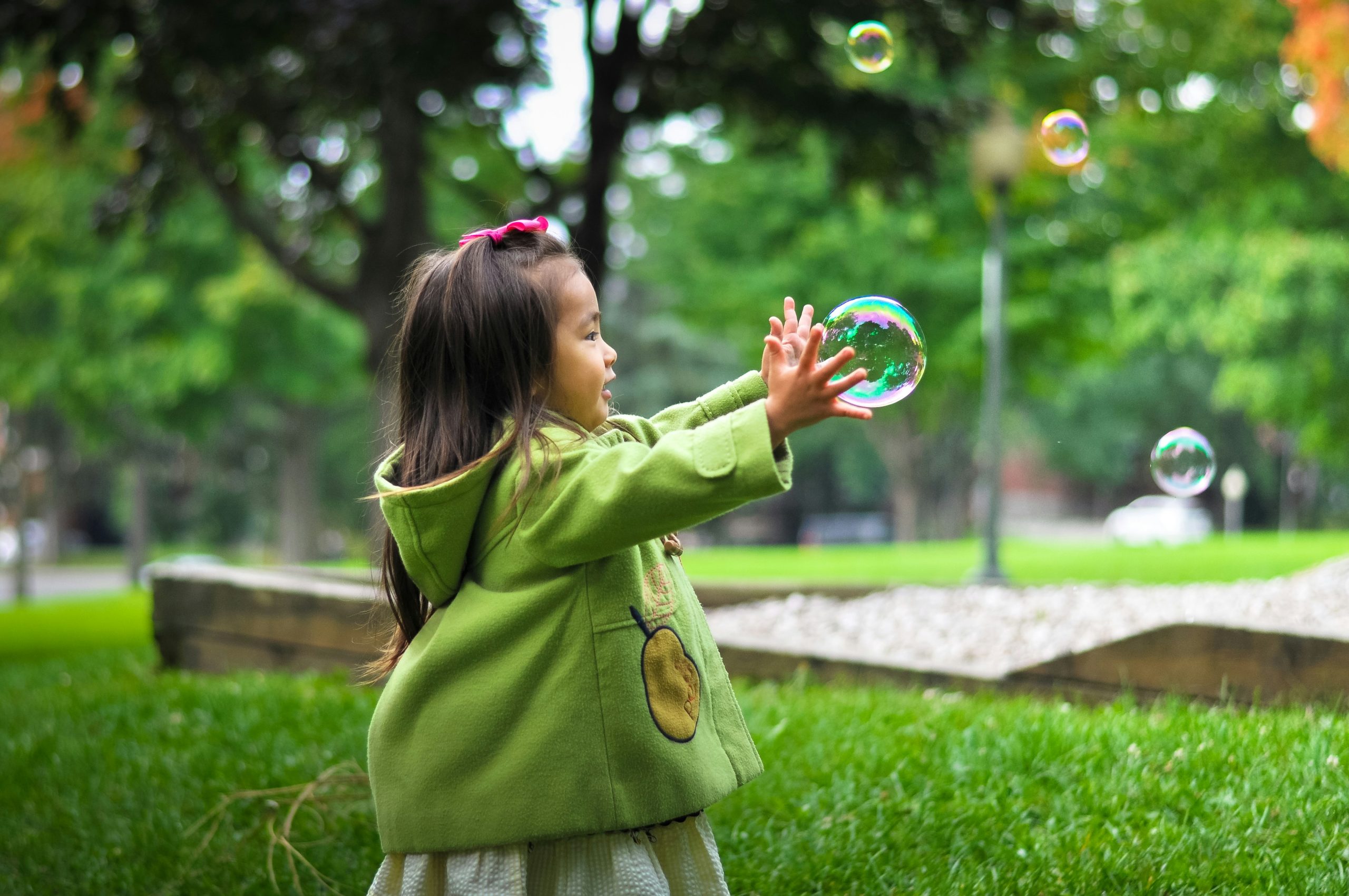Importance of Early Child Development
Reasons Why Early Child Development Is So Important
“Every child begins the world again”
-Henry David Thoreau
Childhood is the foundation on which a life is built. The knowledge and experience gained in these formative years have far-reaching consequences in the life of the adult and society at large. There are various stages that a child passes through before reaching adulthood and each of these child development stages has its distinct features and challenges. As educators and guardians, we must understand them to provide a holistic environment for growth and learning.

Child development was not even considered a field of study until the early 20th century. Even after it was seen as a field worthy of research, the focus was more on the study of abnormal behaviour. It was not until much later that the influence of childhood experiences in shaping the adult human was considered an area worthy of analysis. There are various theories of childhood development put forth by distinguished psychologists like Jean Piaget, Sigmund Freud, and Erik Erikson to name a few, all of whom studied childhood experiences and their importance in shaping the psyche of the individual. These studies range from a broad-ranging study of the development of the child to more specific studies focussing only on certain traits.
Broadly speaking, though, all these theories focus on a few main features, the most important of these are physical development, cognitive development, social development, and emotional development. Each of these aspects develops distinctly at each stage of childhood. The way the child reacts to a stimulus also varies according to the stage of development they are in.
Dr. Montessori also did extensive research into childhood development and foundational psychology. Her pedagogy originated from these studies. Her understanding of the various aspects of child development helped her design materials and classrooms that revolutionised early childhood learning. She segregated the developmental stages of growth into four “Planes of development”.
First Plane of Development

The first plane of development is from birth to the age of six years. Montessori considered this the period of the absorbent mind. This is the stage when the child is taking in all the stimuli in his/her environment. Till about the age of three, this is an unconscious absorption. From the ages of three to six, this absorption becomes more conscious. This is the period in which language starts developing, movements become more orderly and coordinated and there is a start to a general refinement of the senses. There is a lot of passive learning that happens through observation.
The child’s mind is like a sponge and she absorbs stimuli voraciously. Many times these impressions find expression unexpectedly and parents and caretakers are taken aback when the child says or does something that was not consciously taught to them. In today’s world where there is an overdose of stimuli, it is especially important to monitor what the child is exposed to. This is also the period when the child shows an inclination to socialise outside the immediate family.
Second Plane of Development

The second plane of development, according to Montessori, is from the ages of six to twelve years. This phase is characterised by more individualistic thinking. The child starts becoming more aware of the self and she shows an ability to reason and use abstract thinking. There is a strong urge to analyse information and know the reason behind anything and everything. Social interaction with the peer group increases and we see children trying to associate themselves with others and participate more in group activities that they themselves initiate. This period is also a time of more imaginative thinking. A sense of moral order also starts taking root in the child’s mind.
Third Plane of Development

The third plane of development is between the ages of twelve and eighteen and is characterised by a more strident push towards independent thinking and action. This is the adolescent period and is a fairly tumultuous time for children and their families as the child is on the threshold of adulthood. Children look for role models and try to fit in or belong to a social structure that captivates their imagination. The sense of self is heightened in this phase and it can be a period of intense growth.
Fourth Plane of Development
The fourth plane, according to Dr.Montessori, is between the ages of eighteen and twenty-four and for all practical purposes can be considered outside the realm of childhood. This is the phase that is characterised by maturity and independence of the spiritual, emotional, and moral aspects of the individual.
Also read: This Is How Montessori Helps Your Child Grow
The first plane of development, a good part of which is essentially the preschool years is where exposure to stimulating environments can lay a solid foundation for an inquisitive mind with a thirst for learning. This phase of childhood development can be subdivided into two timelines – one from birth to three years and the other from three to six years. The first phase is marked by intense absorption. Research shows that almost eighty percent of the brain develops by the age of three. So, in terms of physical development which involves proper wholesome nutrition and in terms of exposure to external stimuli, this is a very crucial stage in the development of the child.
The first year is characterised by rapid physical growth and the milestones in this period are measured in months. Right from lifting their head and holding it up on their own, to sitting up, crawling, and taking first steps, this period is characterised by a lot of physical developmental milestones. After the first year also there is a lot of physical growth that happens but there is important cognitive, social, and emotional development that takes place. This is also the phase where the child starts understanding the spoken word.

Starting with the recognition of the human voice over other sounds, to understanding specific words and the tone in which it is delivered, these are the first steps in the journey towards language development and it is an indication of brain growth. Language development involves comprehension and expression. The ability to comprehend what is being said and to express and make the listener understand what one is saying is the bedrock of communication. It lays the foundation for reading and writing that comes at a later stage. It also enhances the ability to think and solve problems.
From the ages of three to six this rapid growth continues and finds expression in speech in the form of longer sentences, storytelling, and interest in visual symbols and pictures. Rhymes are an important part of language and cognitive development. The rhythm in a rhyme and the repetition of words and phrases help in listening and comprehension of patterns. Human beings are born with an inherent sense of quantity and spatial awareness. By age three, children are ready to differentiate between small and large quantities and associate them with numerical symbols. Multiple research has shown that there is a strong correlation between getting a good grounding in math in early childhood and being academically successful later in life.
So, as multiple studies and continuing research have shown, childhood development is a very important aspect of human growth. The impressions and experiences gained in this period of life have far-reaching consequences in the life of an individual. Exposure to a stimulating environment where all the senses are engaged in satisfying the inborn curiosity of the child leaves an indelible mark both on the conscious and subconscious mind. Each stage comes with its unique milestones and challenges. The first stage which is up to the age of six is critical. This early stage, when the mind is soaking in multiple stimuli, is one of the most crucial periods in development and should be treated as such, with a carefully curated environment so the child gets the benefit of a solid foundation in their journey to being productive members of society.





